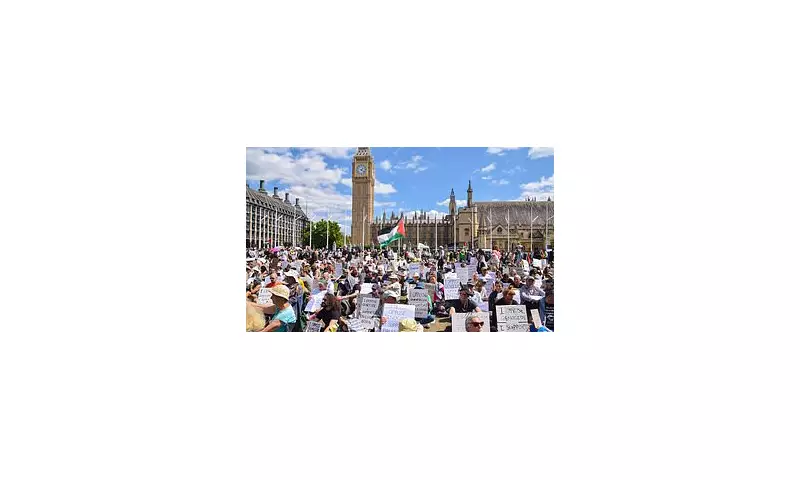
In a significant escalation of the legal campaign against the pro-Palestinian protest group Palestine Action, British authorities have brought charges against a further 24 individuals. This latest development substantially increases the total number of people accused of supporting the now-banned organisation to 138.
The charges form part of a coordinated, nationwide effort by law enforcement to dismantle the network of a group known for its direct action tactics targeting companies with links to Israel. The crackdown represents one of the most substantial legal responses to activist movements in recent years.
Expanding Legal Net
The new defendants face allegations of supporting a proscribed organisation, a serious offence under UK anti-terrorism legislation. The charges stem from a series of investigations across multiple police forces, indicating the widespread nature of the alleged activities.
Palestine Action was officially banned under terrorism laws earlier this year, with the government declaring it a "promoter of violence" that engaged in "criminal acts targeting British businesses." The group has been particularly known for organising protests and occupations at defence company sites.
National Security Implications
A spokesperson for the Home Office stated: "We will not tolerate organisations that promote violence and target British businesses. These latest charges demonstrate our continued commitment to tackling extremism in all its forms."
Legal experts note that the scale of these prosecutions is unusual for cases involving protest movements, suggesting the government is taking an increasingly hard line against groups employing direct action methods.
Defence lawyers for some of the accused have raised concerns about the use of terrorism legislation against protestors, arguing it represents an concerning expansion of state power against legitimate dissent.
The cases are expected to proceed through the court system over the coming months, with all defendants likely to argue that their actions constituted legitimate protest protected under human rights legislation.





